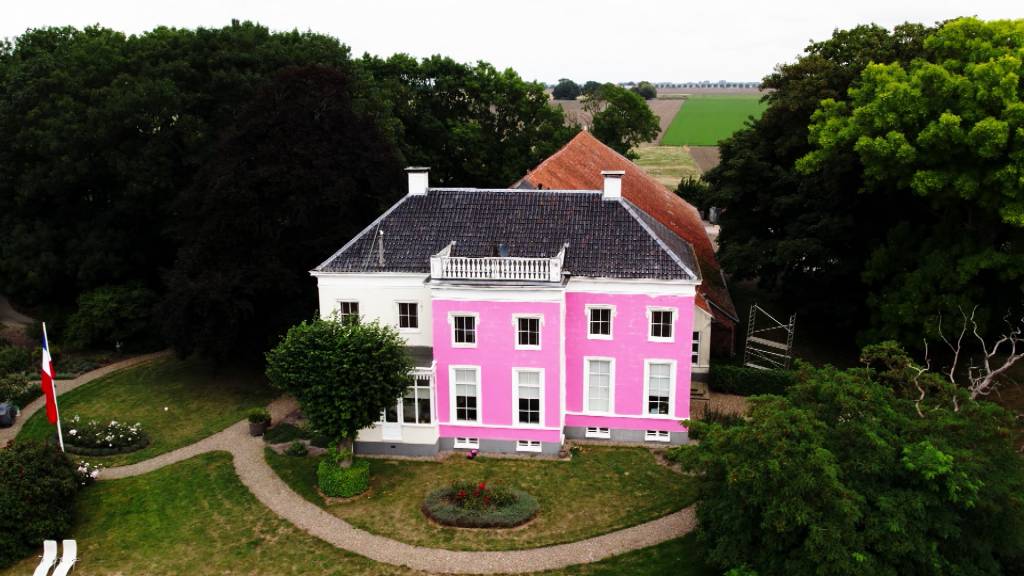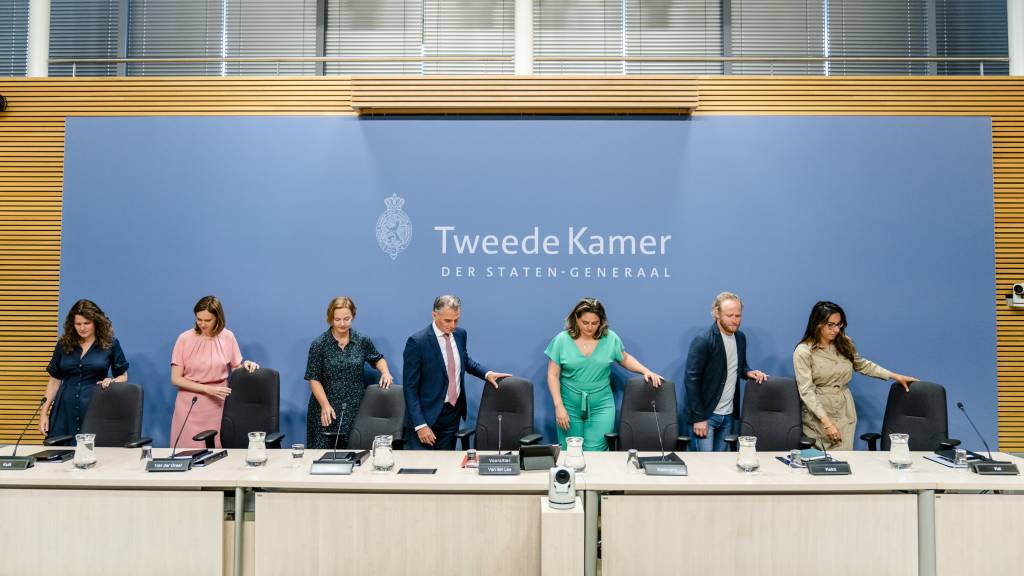AP
NOS . News•
The Minister of Economic Affairs took NAM gas extraction more seriously than his regulator. The former Inspector General of State Control of Mines, Jan de Jong, made the accusation during public inquiries into the parliamentary inquiry into gas extraction in Groningen. During the earthquake in Huizinge, the worst ever in Groningen, De Jong was the chief supervisor.
The minister he is talking about is Henk Kamp (VVD). SodM’s urgent advice was not adopted in 2013 to reduce gas extraction because earthquakes were made too dangerous by Kamp. There were close contacts between the gas extraction company NAM and the ministry. “I thought it strange that a letter was sent to the minister behind our backs. We had the idea that the Non-Aligned Movement took our advice more seriously.”
De Jong still finds it incomprehensible that his own advice was not immediately adopted. “Doing nothing with our knowingly advice, permitting gas extraction and more in 2013 is inconsistent with the government’s duty to care for the people of Groningen.”
power struggle
It became clear from De Jong’s questioning that there was a major power struggle behind the scenes. After Huizinge, the state mine watchdog urged the speedy extraction of less gas from the earth. SSM’s own research after the Huizinge earthquake showed that earthquakes can become increasingly severe and that there is a correlation with the amount of gas pumped in.
But although the Non-Aligned Movement shared those findings on the main points, the movement did not agree that less gas should be extracted.
The dispute between KNMI, TNO and SodM
Not only did SodM and NAM regularly breach SodM, but it also became apparent during the second questioning day this week that the TNO and KNMI’s seismic division also had difficulties with state oversight. But there was agreement on three important conclusions: that earthquakes could become more intense than was known at the time, that they posed a safety problem for people and that there was a relationship with the extent of gas extraction.
“Aren’t these three things dangerous enough to do something in Groningen?” Jan de Jong asked. He thinks and feels that the minister should have intervened.
Boelo and Annemarie are also angry. They are the owners of a huge house in Drieborg in Groningen, which has been severely damaged. As a statement, because they received no compensation, they painted the property pink:

The house is painted a cheerful pink, but according to the owners “the property is crying”
KNMI’s Bernard Dost discussed the difference of opinion between the SSM and its organization in his cross-examination. According to Doust, no good scientific method has yet been found to calculate the effect of how much gas will be extracted on earthquakes and what damage this might cause.
Dost also sees his role as different from that of a supervisor. “It makes sense for state control of the mines to be based on the precautionary principle. But we assume uncertainty, as scientists must do.”
Max amount
The interrogations were also about the maximum force that earthquakes can have in Groningen. To this day, there seems to be no agreement on this. Dost said an international panel of scientists is currently studying it. “We are waiting for the new report.”
Former supervisor De Jong announced that after his retirement he became a member of the Groninger Soil Movement. “It is very difficult for ordinary citizens of Groningen to fight against giants such as Shell and Exxon, the gas owners under Groningen,” he explained why he would participate even after his retirement.







